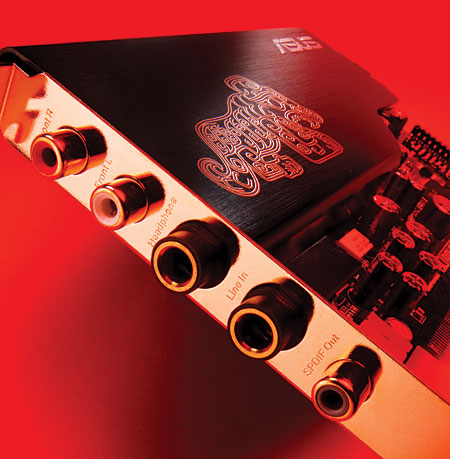antcollinet
Grand Contributor
On OP-Amps and Op-amp rolling
Another contentious topic. Manufacturers of DACs and Amps often socket op-amps to allow people to swap them with different types, with the aim of improving the sound - or getting a different “sound signature” (Whatever that might mean to you). We get it. It’s attractive to think that for a small outlay of a few $£€ you can play around and tweak the sound of your DAC or amplifier for the better.
However:
The consensus amongst most qualified engineers on this site, based on understanding how op amps work at the engineering level, and backed up by measurements - is that swapping op amps is a pointless waste of time and money. At best it will make no audible difference, at worst it might destabilise an amp and cause it to oscillate.
People might think they are hearing real differences but this will almost certainly be because they are not testing blind (not typically possible when swapping op amps) and are hearing the effect of perceptive bias. Alternatively they may be hearing the effect of a destabilised amp oscillating. This is never a good thing.
Here is a thread with the test results given of numerous op-amps being swapped in a device. Net result - no audible improvements, some dramatic reductions in performance.

 audiosciencereview.com
audiosciencereview.com
The result is - like some other topics (Vinyl discussion, sound differences between DACs etc) - lengthy debates start up all over the forum in which the same somewhat tired arguments go back and forth.
To avoid this, this thread has been co-opted as another collection location where all posts discussing op-amp rolling can be collected, leaving the reset of the forum a haven of non-op-amp related debate.
Another contentious topic. Manufacturers of DACs and Amps often socket op-amps to allow people to swap them with different types, with the aim of improving the sound - or getting a different “sound signature” (Whatever that might mean to you). We get it. It’s attractive to think that for a small outlay of a few $£€ you can play around and tweak the sound of your DAC or amplifier for the better.
However:
The consensus amongst most qualified engineers on this site, based on understanding how op amps work at the engineering level, and backed up by measurements - is that swapping op amps is a pointless waste of time and money. At best it will make no audible difference, at worst it might destabilise an amp and cause it to oscillate.
People might think they are hearing real differences but this will almost certainly be because they are not testing blind (not typically possible when swapping op amps) and are hearing the effect of perceptive bias. Alternatively they may be hearing the effect of a destabilised amp oscillating. This is never a good thing.
Here is a thread with the test results given of numerous op-amps being swapped in a device. Net result - no audible improvements, some dramatic reductions in performance.

Fosi Audio V3 op-amp rolling, has anyone tried it? Snake oil? Or are there actual differences?
A plastic cup holds water. A glass looks better, has better specs in certain areas... but still it just needs to hold water, which it does fine be it crystal, Ikea glass or plastic. And sometimes the "worse" component, a plastic cup, is just what was specified for the job and lasts longer and...
 audiosciencereview.com
audiosciencereview.com
The result is - like some other topics (Vinyl discussion, sound differences between DACs etc) - lengthy debates start up all over the forum in which the same somewhat tired arguments go back and forth.
To avoid this, this thread has been co-opted as another collection location where all posts discussing op-amp rolling can be collected, leaving the reset of the forum a haven of non-op-amp related debate.
Last edited:


